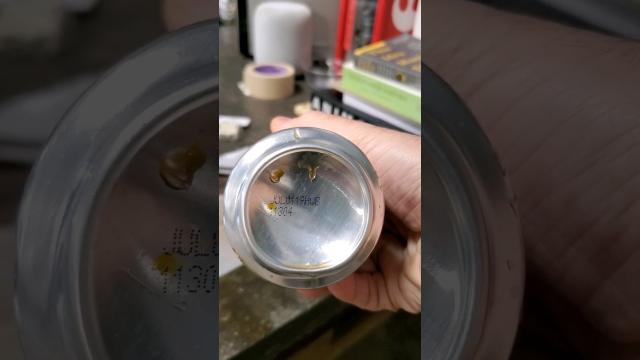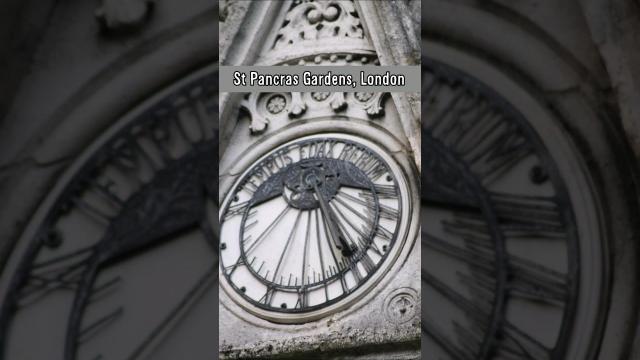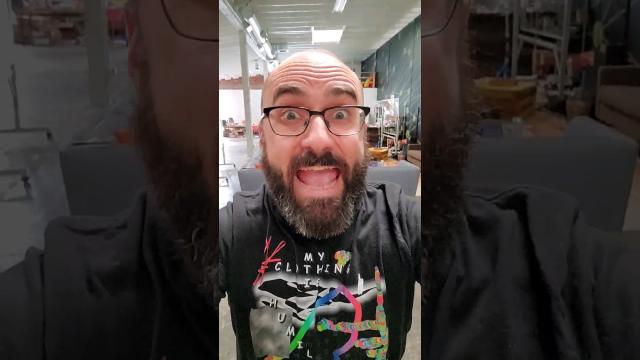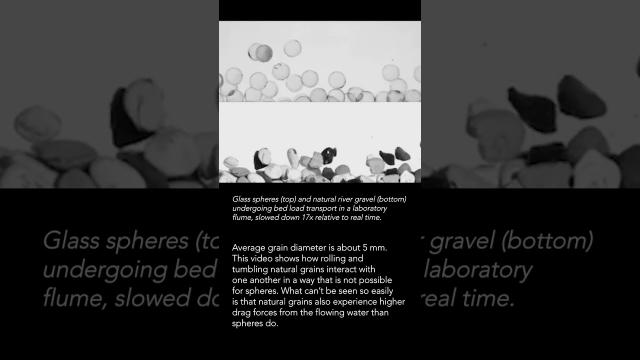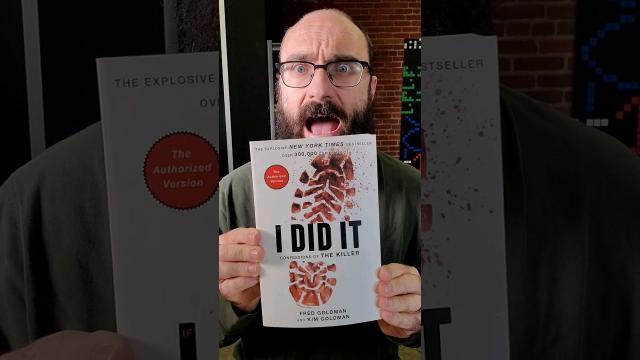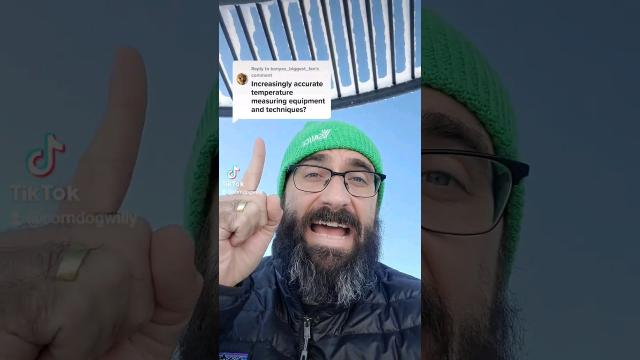Time Travel, Teleportation & Science
Time travel is the concept of moving between different points in time in a manner analogous to moving between different points in space, generally using a theoretical invention, namely a time machine. It has a commonly recognized place in philosophy and fiction, but has a very limited application in real world physics, such as in quantum mechanics or wormholes.
Although the 1895 novel The Time Machine by H. G. Wells was instrumental in moving the concept of time travel to the forefront of the public imagination, The Clock That Went Backward by Edward Page Mitchell was published in 1881 and involves a clock that allowed three men to travel backwards in time.[1][2] Non-technological forms of time travel had appeared in a number of earlier stories such as Charles Dickens' A Christmas Carol. Historically, the concept dates back to the early mythologies of Hinduism (such as the Mahabharata), Buddhism, and Islam through ancient folk tales. More recently, with advancing technology and a greater scientific understanding of the universe, the plausibility of time travel has been explored in greater detail by science fiction writers, philosophers, and physicists.
Teleportation, or Teletransportation, is the theoretical transfer of matter or energy from one point to another without traversing the physical space between them. It has a commonly recognized place in science fiction literature, film, and television, but as yet has a very limited application in real world physics, such as quantum teleportation or the study of wormholes.
Science (from Latin scientia, meaning "knowledge") is a systematic enterprise that builds and organizes knowledge in the form of testable explanations and predictions about the universe. In an older and closely related meaning, "science" also refers to a body of knowledge itself, of the type that can be rationally explained and reliably applied. A practitioner of science is known as a scientist.
In modern usage, "science" most often refers to a way of pursuing knowledge, not only the knowledge itself. It is also often restricted to those branches of study that seek to explain the phenomena of the material universe.
Source : Wikipedia
-
00:59

How Old Is The Water You Drink?
Added 222 Views / 0 Likesfootage sources:https://www.eso.org/public/videos/eso1626c/https://commons.wikimedia.org/wiki/File:A_Molecular_Dynamics_Simulation_of_Liquid_Water_at_298_K.webmhttps://commons.wikimedia.org/wiki/File:NASA%27s_Fermi_Links_Cosmic_Neutrino_to_Monster_Black_H
-
07:38
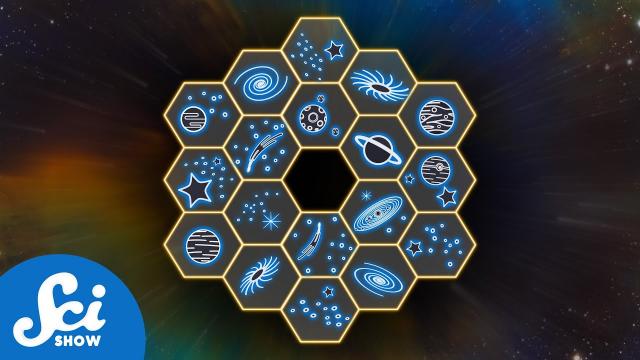
JWST: Looking Beyond The Pretty Pictures
Added 177 Views / 0 LikesThe James Webb Space Telescope isn't just for finding Pinterest worthy pictures, we're finding some amazing details in the sometimes blurry background photos.Hosted by: Savannah Geary (they/them)----------Huge thanks go to the following Patreon supporter
-
06:41
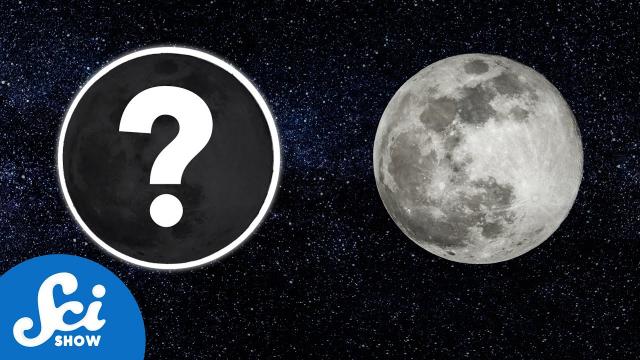
Is Our Solar System Missing Moons?
Added 151 Views / 0 LikesYou might be pretty confident that when a moon is there it’s there to stay, but that’s not always the case. Moons may have a history of disappearing.Hosted by: Savannah Geary (they/them)----------Huge thanks go to the following Patreon supporter for helpi
-
12:21
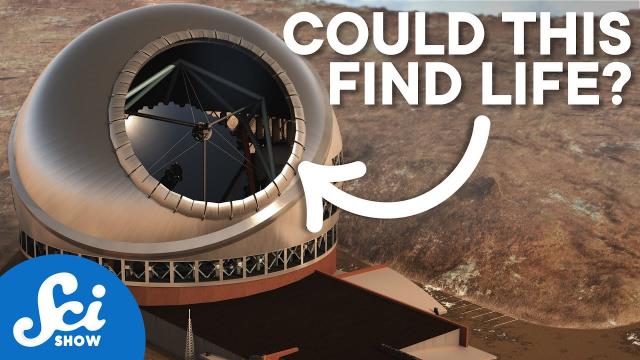
The Future of the Search for Life
Added 248 Views / 0 LikesGet 50% off your SciShow Space calendar today by heading to https://complexlycalendars.com/products/scishowspaceAstronomers have found more than 5,000 planets in the last three decades, but that’s not nearly as exciting as potentially coming across the fi
-
00:56

The Most Irresponsible Thing I Own
Added 194 Views / 0 Likeshttps://waskstudio.com/MUSIC by @jakechudnow
-
06:30
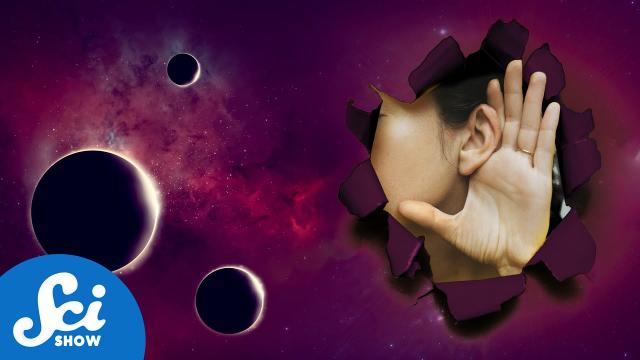
Eavesdropping On Other Worlds
Added 175 Views / 0 LikesWe usually only get to use our sense of sight in exploring the universe, but that hasn’t prevented scientists from trying to listen in.Hosted by: Hank Green (he/him)----------Huge thanks go to the following Patreon supporter for helping us keep SciShow Sp
-
06:54
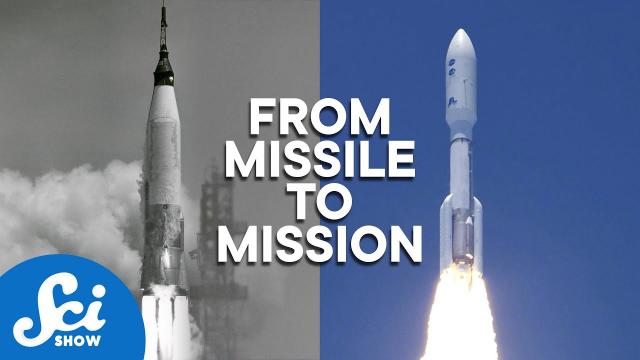
Atlas: The Little Rocket That Still Can
Added 130 Views / 0 LikesOrder your SciShow Space Pinboard and all SciShow merch here: https://dftba.com/scishowIn 1962, John Glenn went into orbit on an Atlas rocket, and thus began a family of rockets that lasted for 60 years!Hosted by: Hank Green (he/him)----------Huge thanks
-
00:09
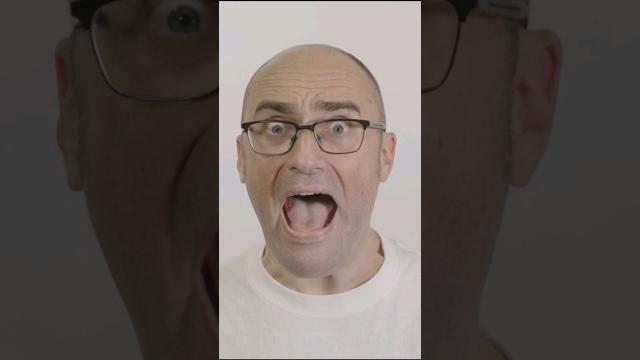
That Time I Shaved Off My Beard
Added 173 Views / 0 LikesIn case you missed it, I shaved my beard off for my video "Illusions of Time": https://www.youtube.com/watch?v=zHL9GP_B30E
-
00:57
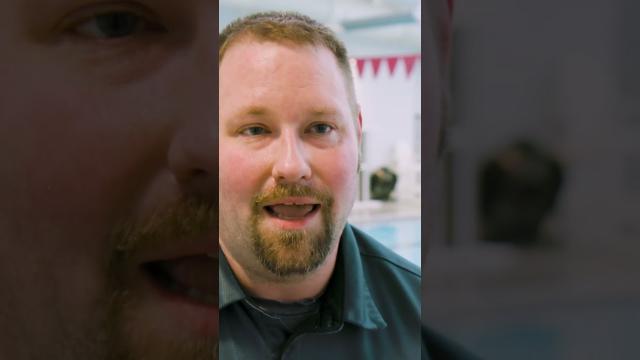
MIT Dog Swim
Added 168 Views / 0 LikesWhen maintenance requires MIT to drain the teaching pool at the Zesiger Center, they reserve its last few hours with water for the dogs. Woof!
-
00:58
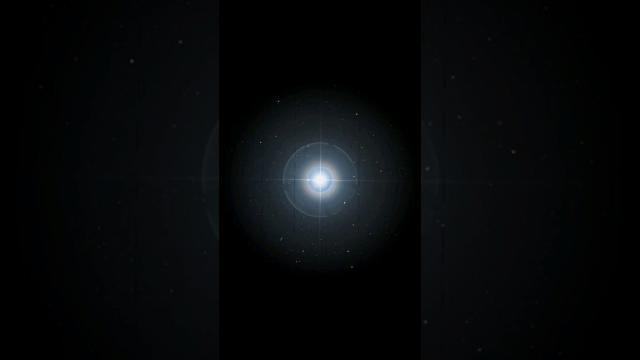
Birthday Stars
Added 145 Views / 0 Likeshttp://freeant.net/birthdaystarSong: "Olive" by Jake Chudnow https://www.youtube.com/watch?v=3QQS8fJqXoI
-
01:07
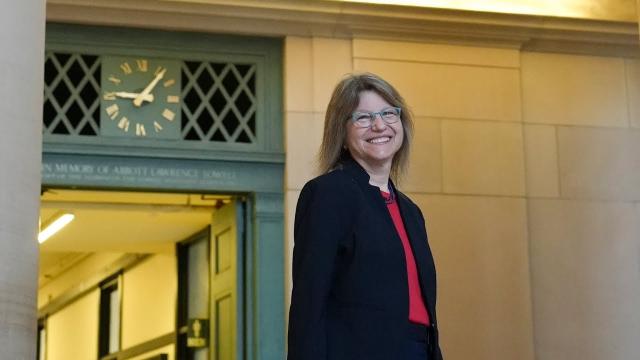
Hello, MIT!
Added 148 Views / 0 LikesSally Kornbluth, MIT’s 18th president, arrived at her office on MIT’s campus and greeted members of the community.Watch more videos from MIT: http://www.youtube.com/user/MITNewsOffice?sub_confirmation=1The Massachusetts Institute of Technology is an indep
-
01:09
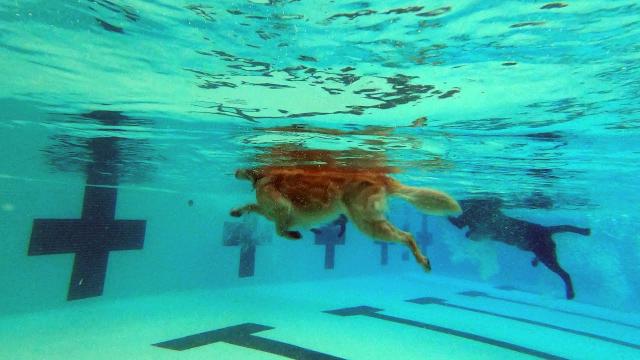
Woofs, wags and water
Added 160 Views / 0 LikesWhen maintenance requires MIT to drain the teaching pool at the Zesiger Center, they reserve its last few hours with water for the dogs. Woof!Watch more videos from MIT: http://www.youtube.com/user/MITNewsOffice?sub_confirmation=1The Massachusetts Institu
-
06:13
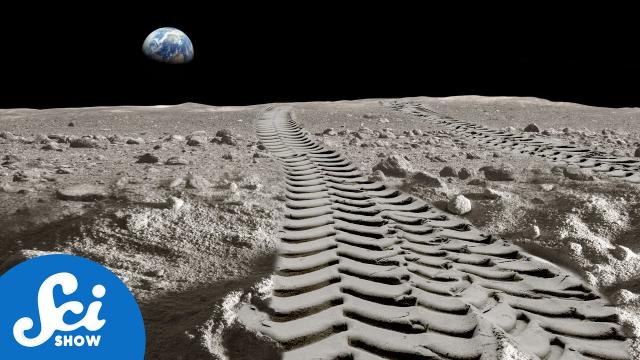
What's Going to Space in 2023?
Added 184 Views / 0 Likes2022 was a pretty exciting year for space science, but what news might we expect in the coming year? Hosted by: Savannah Geary (they/them)----------Huge thanks go to the following Patreon supporter for helping us keep SciShow Space free for everyone forev
-
00:59
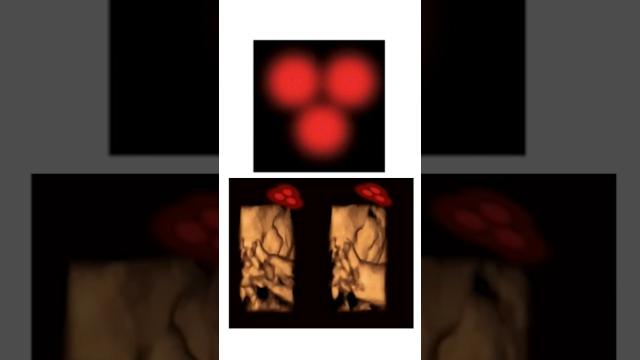
What Did You See Before You Were Born?
Added 174 Views / 0 Likessources:https://onlinelibrary.wiley.com/doi/abs/10.1002/dev.20506https://www.cell.com/current-biology/fulltext/S0960-9822(17)30580-8?_returnURL=https%3A%2F%2Flinkinghub.elsevier.com%2Fretrieve%2Fpii%2FS0960982217305808%3Fshowall%3Dtrue#bib5https://nucubab

